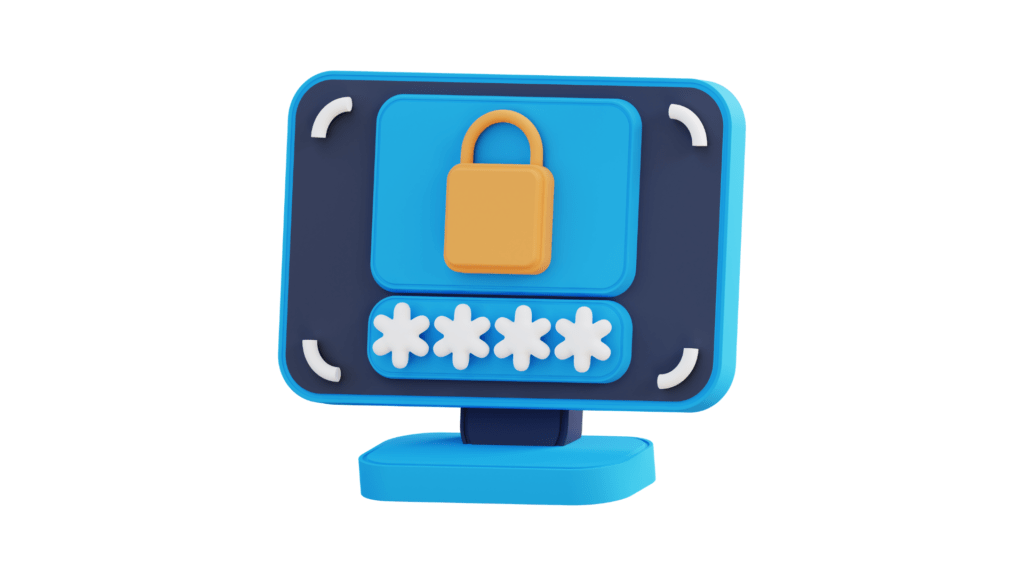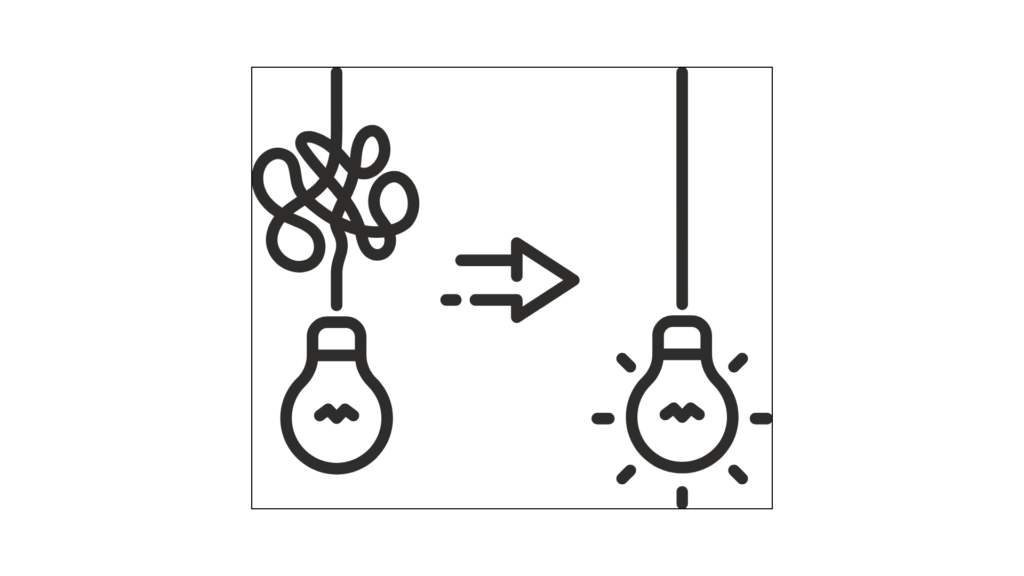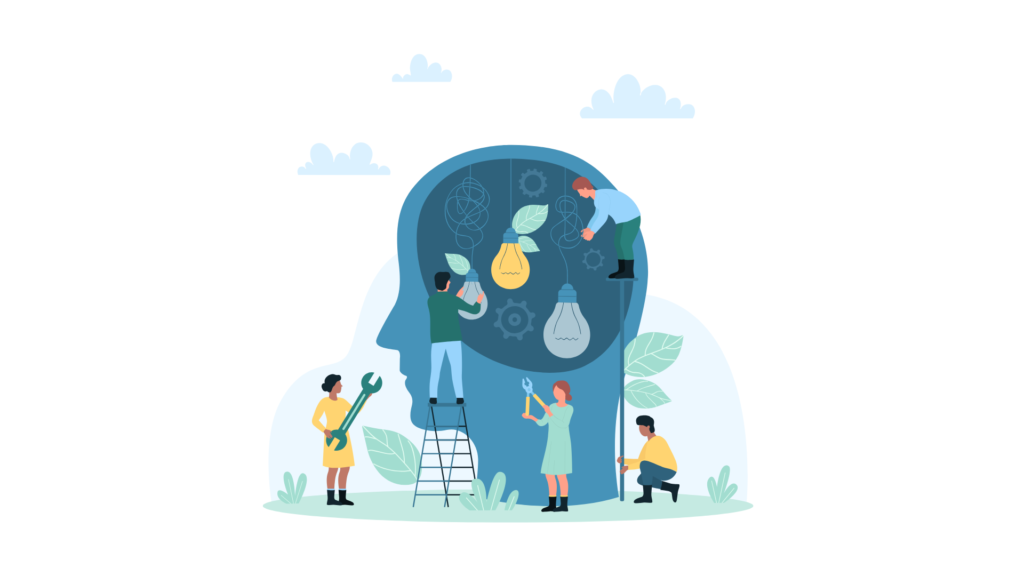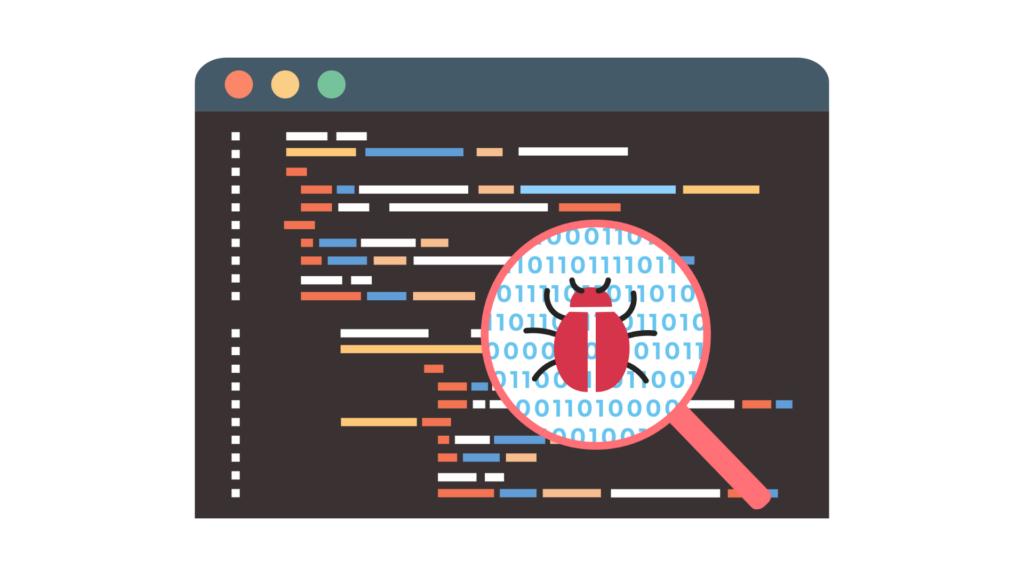
Problem-solving in coding is akin to navigating a complex labyrinth, it demands patience, strategy, and a keen analytical mind. As the cornerstone of programming, effective problem-solving skills can transform daunting challenges into rewarding achievements. Whether you’re a budding coder or looking to sharpen your skills, this blog offers essential tips to enhance your problem-solving prowess in the coding world, turning obstacles into opportunities for growth and innovation.

Before diving into coding, spend ample time understanding the problem at hand. Read the requirements carefully, identify the inputs and expected outputs, and consider any constraints or edge cases. Break down the problem into smaller, manageable parts, and try to visualize the process. Creating flowcharts or pseudocode can help in mapping out the solution logically. This foundational step ensures that you grasp the full scope of the problem, preventing misunderstandings that could lead to inefficient solutions.
When faced with a complex problem, beginning with a brute force approach can be invaluable. Implement a straightforward solution that might not be the most efficient but solves the problem. This method allows you to have a working version early on, which you can refine and optimize later. The brute force approach offers insights into the problem and can highlight areas for improvement, serving as a stepping stone to more sophisticated solutions.
Debugging and testing are integral to the problem-solving process in coding. Instead of viewing bugs as setbacks, see them as opportunities to deepen your understanding of the code and the problem it aims to solve. Adopt a methodical approach to debugging: isolate sections of your code, use print statements or debugging tools, and test with different inputs. Incorporate unit tests to verify that each part of your code works as expected. This proactive stance towards debugging and testing not only ensures the reliability of your solution but also enhances your analytical skills.
Coding is a collaborative endeavor, and there is much to learn from the experience and expertise of others. Engage with the coding community through forums, coding challenges, and group projects. Reviewing code written by others can provide new perspectives and techniques for tackling problems. Don’t hesitate to ask for help or feedback; a fresh set of eyes can offer valuable insights. Collaboration fosters a supportive learning environment, where sharing knowledge and solutions accelerates collective growth and innovation.

Effective problem-solving in coding is a skill honed through practice, patience, and persistence. By understanding the problem, starting with simple solutions, embracing debugging, and learning from others, you can navigate coding challenges with confidence and creativity, unlocking new possibilities in the digital realm. To learn in-depth or wish to brush-up your coding skills, we have ample of courses, videos, worksheets and more on our website to help you, do check them out.
